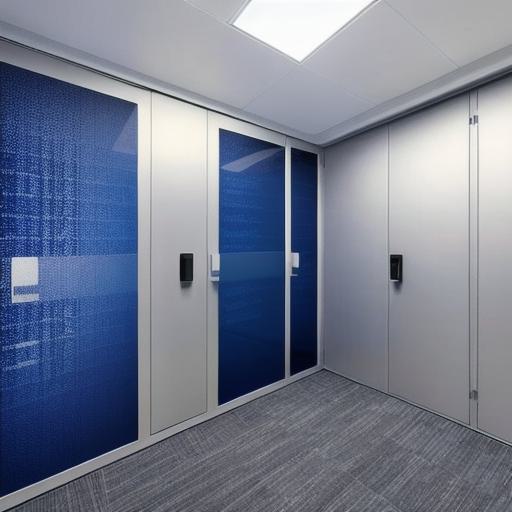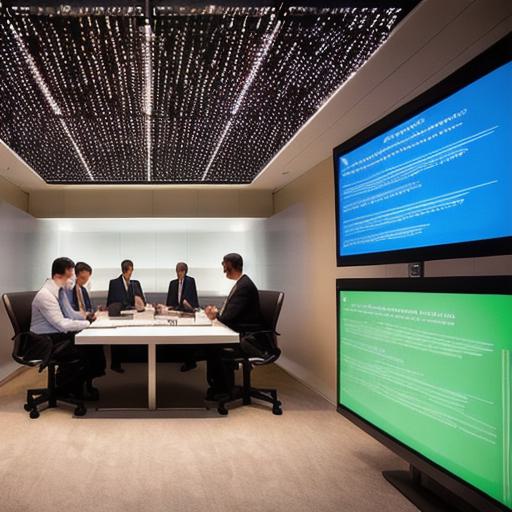A data room is a virtual or physical space where important documents and other relevant information are securely stored and made available to potential buyers, investors, or other authorized parties during mergers and acquisitions (M&A) or capital raising transactions. This room serves as a centralized platform for the exchange of critical business information, enabling efficient and secure communication between involved parties.
Why Use a Data Room in Business Transactions?
- Secure Document Sharing
:
A data room ensures that sensitive documents are shared only with authorized individuals or organizations. Access can be granted on a need-to-know basis, preventing unintended leakage of confidential information.
- Efficient Communication
:
A data room allows for streamlined communication between involved parties. They can access the latest versions of documents and engage in discussions within the platform itself, reducing the need for multiple emails or phone calls.

- Compliance with Regulations
:
Data rooms help ensure compliance with various regulations by providing a secure platform for storing and sharing sensitive information. For instance, they may be used to meet the data protection requirements of the European Union’s General Data Protection Regulation (GDPR) or the Health Insurance Portability and Accountability Act (HIPAA) in the United States.
- Simplified Due Diligence
:
A data room simplifies the due diligence process by providing a centralized location for all relevant information. Buyers can easily access and review documents, reducing the time and resources required to complete their assessment.
- Cost-Effective
:
By reducing the need for physical meetings and document exchanges, data rooms help save costs associated with travel, printing, and courier services.
Examples of Data Rooms in Business Transactions
- Mergers and Acquisitions
:
In an M&A transaction, a data room is used to provide potential buyers with access to critical information about the target company. This may include financial statements, legal documents, contracts, and other business records.

- Capital Raising
:
In capital raising transactions, a data room is used to share information with potential investors. This may include business plans, financial projections, market analysis, and other relevant data.
- Real Estate Transactions
:
In real estate transactions, a data room may be used to share property information, such as appraisals, inspections, title reports, and contracts.
- IP Transfers
:
In intellectual property (IP) transfers, a data room is used to provide access to the target IP, including patents, trademarks, copyrights, and other relevant documents.
Summary
A data room is an essential component of many business transactions, providing a secure, efficient, and cost-effective means for exchanging critical information between involved parties. By using a data room, businesses can streamline the due diligence process, ensure compliance with regulations, and ultimately, close deals more quickly and with greater confidence.
